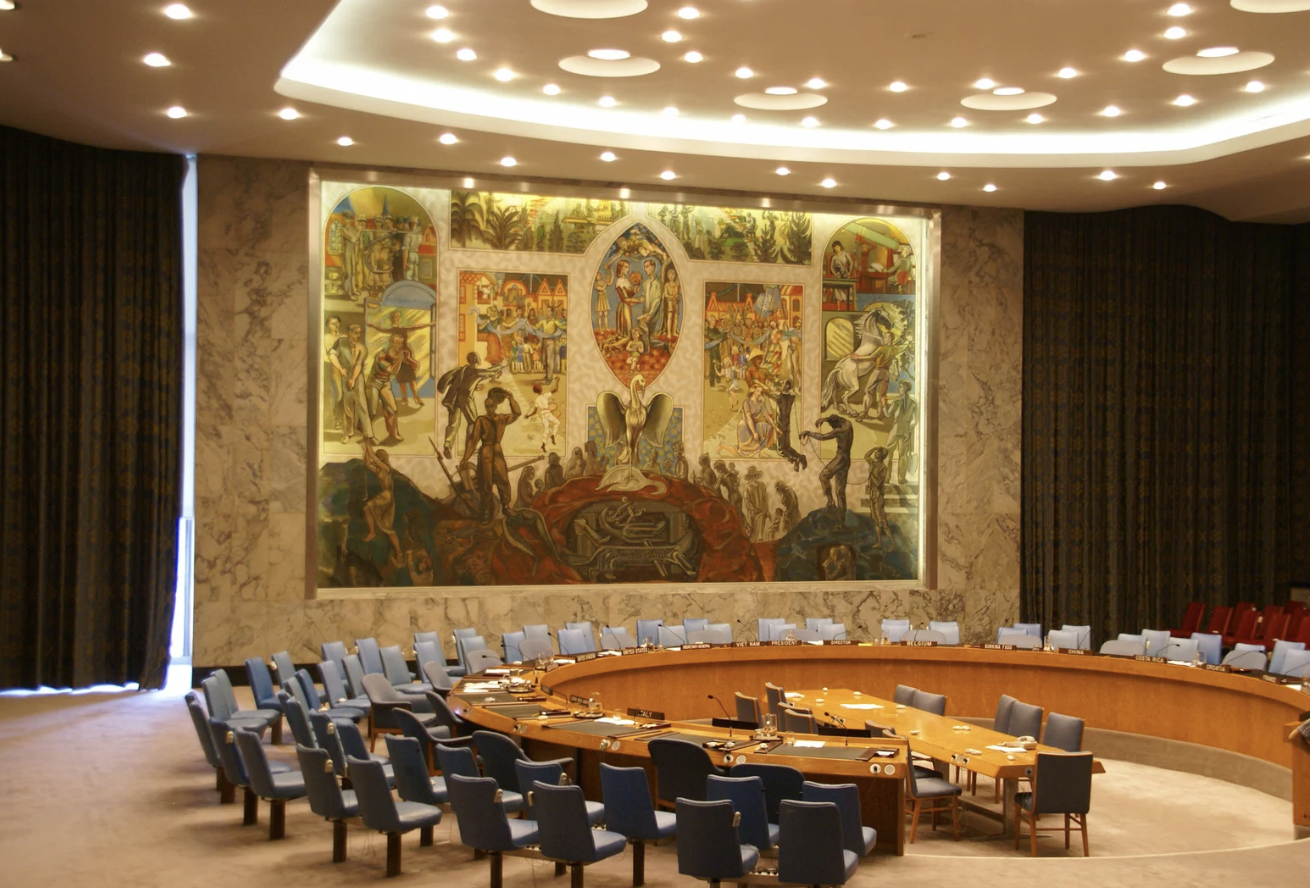Anúncios
The most recent draft of the conclusion document for COP28, which was sent to the negotiators in Dubai on Monday evening, did not include a demand to “phase out” fossil fuels, which prompted outrage from nations that are vulnerable to climate change and civil society.
There is no mention of the ‘phasedown’ or ‘phaseout’ of fossil fuels in the 21-page document that was drafted by the United Arab Emirates, which is the chair of the Conference of the Parties (COP28). This is something that the United countries Secretary-General António Guterres said earlier on Monday was one of the keys to the success of the conference, and many countries have asked.
Instead, the original language expressed a desire for nations to limit their “consumption and production of fossil fuels, in a just, orderly, and equitable manner.”
There was a chorus of civil society organizations who condemned the text as not going far enough to reduce global warming. These organizations included the United States of America, nations that are members of the European Union, and a collection of tiny island developing states.
However, this is not the final wording, and it is anticipated that talks on compromise language will continue throughout the whole day on Tuesday, which is the day that is intended to be the closing day for COP28.
As delegates negotiate over a new document that is more than just a list of things that nations may do, you should prepare yourself for a game of waiting.
It is being demanded by activists and some nations that the wording be strengthened so that it more accurately represents the genuine urgency of addressing the climate catastrophe.
The following is a list of some of the measures that were included in the current draft, the majority of which were optional, and what was left out:
-Triple the worldwide capacity of renewable energy by the year 2030 [the United States and China made a commitment to collaborate in order to achieve this objective as part of an agreement that was reached between the two countries that produce the most greenhouse gas emissions in the run-up to COP28];
-A rapid reduction in the use of “unabated coal” and a reduction in the number of new permits;
technology that produce zero or low emissions, include removal technology like carbon capture, as well as solutions that combine use and storage;
-The finance of climate change, but with a “weak language”; and
-Objectives regarding adaptation that do not have appropriate financial commitments or that do not have a work program to assess them properly.
What’s not out:
The elimination of fossil fuels; the absence of the terms “oil” and “natural gas” in the sentence;
Strong responsibilities for wealthy nations; and the requirement for equitable adaptation, which is necessary for wealthy nations to provide help that is equitable.
“Completely absent”
Speaking on behalf of Climate Action Network International, Harjeet Singh, who is the Head of Global Political Strategy, said
The individual said to UN News that he had anticipated the revised wording to be “much stronger,” but the phrase about the phaseout of fossil fuels has now been totally removed. As members of civic society, we object to the text.
Mr. Singh proceeded by saying, “There will be negotiation when it comes to this text.” So, let’s wait and watch how the nations react.
During the two weeks that the conference had been held in the United Arab Emirates, Mr. Singh said that there had been “clearly been pressure from the outside… coming from the fossil fuel industry.” The Organization of the Petroleum Exporting nations (OPEC) has issued a letter, [oil-producing nations] are utterly opposed to any statement on the phaseout of fossil fuels, and wealthy countries are merely grandstanding.
According to what he stated, “It’s going to be a long night.”
The Toeolesulusulu: In an interview with UN News, Cedric Schuster, Minister of Natural Resources and Environment of Samoa and Chair of the Alliance of Small Island States, said that “the [text] does not reflect what we came here for, especially the language on phaseout of fossil fuel.” It is not reflective of the 1.5 degree [objective] that we need to achieve in order to continue living.
She was devastated to find that the wording “is so against what we believe in” and does not represent the perspective of people from the South Pacific, Sharon-Mona Ainuu said to UN News while blinking back tears. She said that after having traveled such a great distance and spent such a significant amount of money to get to Dubai, “money we don’t have,” she saw that the text “is so against what we believe in.”
According to Ms. Ainuu, who serves as the Minister of Natural Resources for the country of Niue, which is comprised of a limited number of islands, “We are the most vulnerable people.”
A number of our islands are now underwater, and others are sinking. We must be considered by others. We have a moral duty to act in a way that is beneficial to other people.




